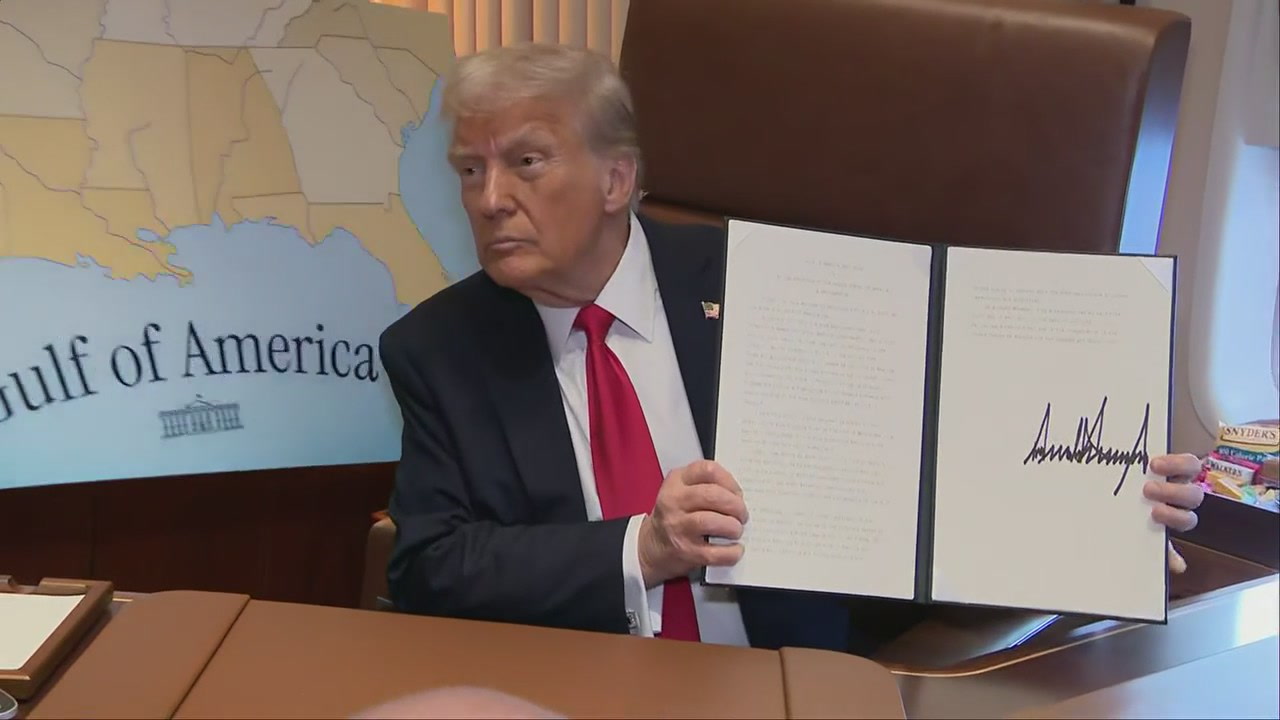In a significant legal development, a federal court has temporarily blocked the Trump administration’s attempt to terminate a humanitarian program that allows migrants to enter the U.S. for emergency reasons. The decision marks another chapter in the ongoing legal battles over immigration policies, highlighting the tension between executive authority and judicial oversight.
Background: The Migrant Entry Program in Question
The program at the center of the controversy is known as Humanitarian Parole, which permits individuals facing urgent humanitarian crises—such as medical emergencies, family reunification, or threats of violence—to enter the U.S. temporarily. Unlike asylum seekers, parolees are not guaranteed long-term residency but are allowed to stay for a designated period while their situation is assessed.
The Trump administration had sought to severely restrict or eliminate this program, arguing that it was being exploited and contributed to “loopholes” in immigration enforcement. Critics of the administration’s move, however, contended that shutting down humanitarian parole would endanger vulnerable individuals, including children, victims of trafficking, and those in need of life-saving medical treatment.
The Legal Challenge and Court’s Ruling
A coalition of immigrant rights groups and advocacy organizations filed a lawsuit challenging the administration’s decision, arguing that abruptly ending the program violated due process and administrative procedures. They also claimed that the move was arbitrary and failed to consider the severe consequences for those relying on the program.
A federal judge agreed, issuing a temporary restraining order (TRO) to halt the termination of the program. The court found that the plaintiffs demonstrated a likelihood of success on the merits of their case and that irreparable harm would occur if the program were dismantled without proper review.
Key Points from the Court’s Decision:
- Procedural Violations: The judge ruled that the administration failed to follow proper notice-and-comment procedures required under the Administrative Procedure Act (APA) before making such a significant policy change.
- Humanitarian Concerns: The court emphasized the potential harm to individuals who depend on the program for safety and medical care.
- Likelihood of Success: The plaintiffs presented strong arguments that the administration’s move was arbitrary and capricious, warranting judicial intervention.
Reactions to the Ruling
Supporters of the Injunction
- Immigrant Rights Advocates: Celebrated the decision as a victory for vulnerable populations. “This ruling ensures that families in dire situations won’t be abandoned,” said one advocate.
- Legal Experts: Noted that the administration’s failure to follow proper regulatory procedures weakened its position.
- Democratic Lawmakers: Praised the court for upholding humanitarian values and checks on executive overreach.
Critics of the Ruling
- Trump Administration Officials: Argued that the program was being abused and that stricter controls were necessary to maintain immigration integrity.
- Conservative Legal Groups: Claimed the judicial intervention undermined executive authority on immigration matters.
- Border Security Advocates: Expressed concern that the ruling could lead to increased migration pressures.
Broader Implications
This case is part of a larger pattern of legal challenges to the Trump administration’s immigration policies. Courts have repeatedly intervened in disputes over:
- The Remain in Mexico policy
- DACA (Deferred Action for Childhood Arrivals)
- Asylum restrictions
The latest ruling reinforces the role of the judiciary in scrutinizing abrupt policy shifts, particularly those affecting humanitarian protections. It also sets the stage for further litigation, as the administration may appeal the decision or attempt to rescind the program through different legal avenues.
What Happens Next?
- Temporary Block Remains in Place: The program will continue operating while the case proceeds.
- Possible Appeal: The Justice Department may challenge the injunction in a higher court.
- Long-Term Legal Battle: If the case advances, it could shape future immigration policy and the limits of executive power.
Conclusion
The court’s decision to temporarily block the termination of the humanitarian parole program underscores the ongoing legal and ethical debates surrounding U.S. immigration policy. While the Trump administration argues for stricter controls, advocates stress the importance of protecting vulnerable migrants. As the case unfolds, it will serve as a critical test of how humanitarian considerations balance against enforcement priorities in American immigration law.



